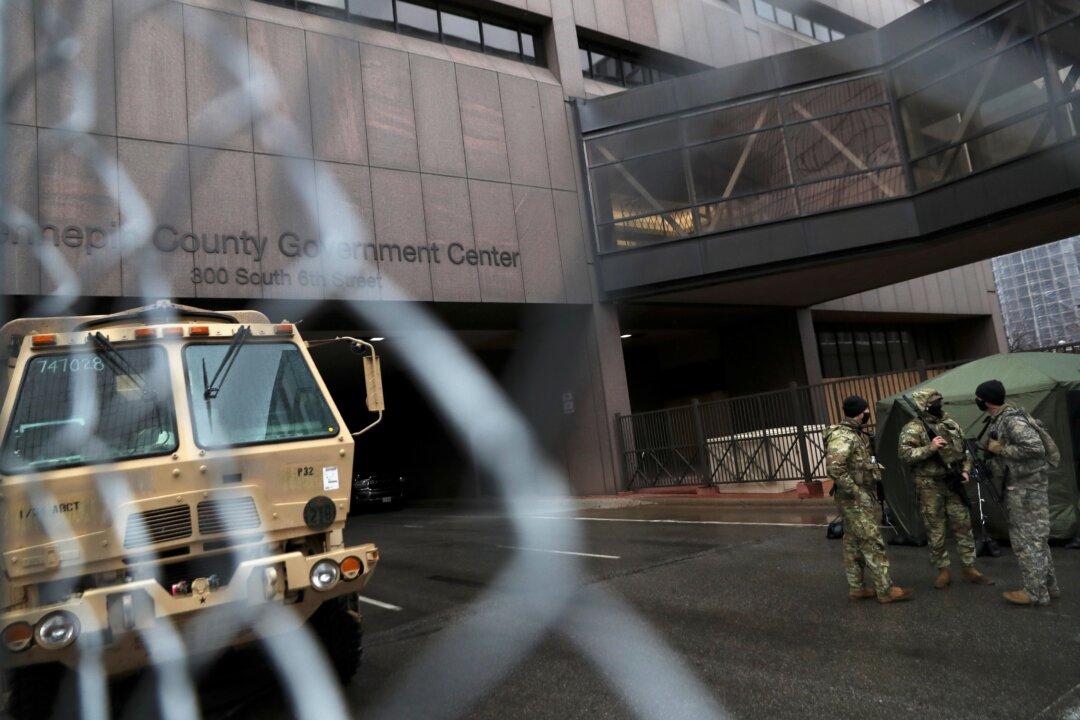The Minnesota Supreme Court late March 10 rejected an attempt by defense lawyers to review whether a third-degree murder charge should be reinstated in the case against their client, former Minneapolis police officer Derek Chauvin.
In an order that contained no explanation, Minnesota Supreme Court Chief Justice Lorie Gildea denied the appeal of a recent ruling that found Hennepin County Judge Peter Cahill erred in not restoring the charge, which had been requested by the state.





